The New Girlfriend: Interviews with Francois Ozon and Romain Duris
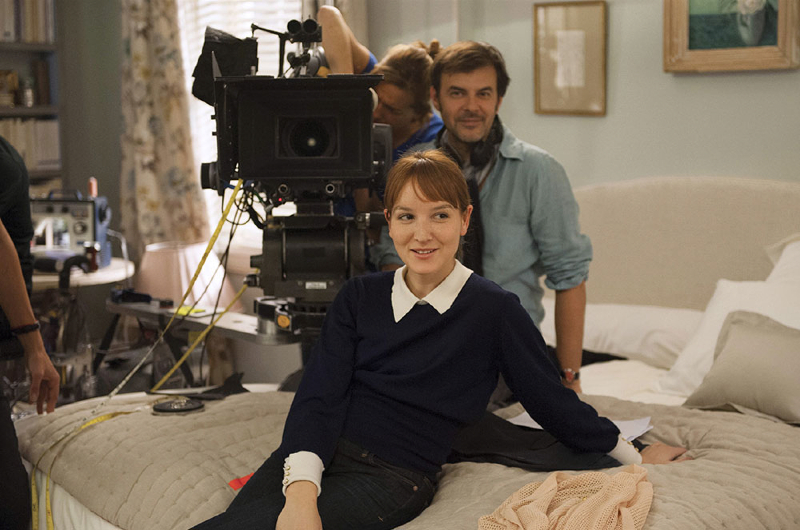
Critically acclaimed and internationally renowned French director François Ozon has a well-deserved reputation for his witty, satirical films. One of the most important figures in French New Wave cinema, he’s always to be counted on for a truly unique perspective on things. The Upcoming caught up with him and actor Romain Duris to chat about their latest release, The New Girlfriend, based on Ruth Rendell’s short story.
Romain Duris
François Ozon
What was it about this particular tale that drew you to it?
I read the short story about 20 years ago, I loved it and tried to adapt it as a short film but at that time I didn’t have the money or the actors so I gave up. But I still had it in mind – I read it again two years ago and it still seemed a strong, good plot but I realised this time I didn’t want to tell a murder story – because I don’t know if you’ve read it but that’s the ending – I wanted to make a romantic film. I wanted to have a happy ending and to give a chance for this character to have a real love story. So I did a big adaptation, I added all the elements of grieving which are not in the short story.
Did you have a cast already in mind?
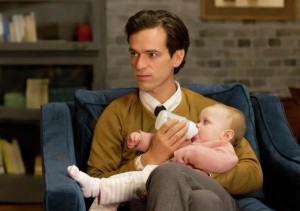 No. No, you know, when I write a script I have no one in mind. It was only when I finished the script that I began to cast so I met a lot of French actors, I asked them to transcend, to wear wigs and do the make up: we did some tests. Many of them were very nervous and disturbed and took no pleasure at all in becoming a woman! Except Romain who was very excited, who took a lot of joy, of pleasure, he was like a child, you know? So it was great for the part because it was what I wanted to share with the audience the pleasure of disguise, of cross-dressing, so it was quite obvious. When someone wants so much to play a part you know it’s the right choice for the film.
No. No, you know, when I write a script I have no one in mind. It was only when I finished the script that I began to cast so I met a lot of French actors, I asked them to transcend, to wear wigs and do the make up: we did some tests. Many of them were very nervous and disturbed and took no pleasure at all in becoming a woman! Except Romain who was very excited, who took a lot of joy, of pleasure, he was like a child, you know? So it was great for the part because it was what I wanted to share with the audience the pleasure of disguise, of cross-dressing, so it was quite obvious. When someone wants so much to play a part you know it’s the right choice for the film.
Do you see David/Virginia as a cross-dresser or do they become more transgender near the end of the film? And where do things end with Gilles?
What do you think? You know at the end [Claire]’s pregnant. It’s funny because people have different visions of the end, some think Gilles is the father. They’re still a couple, or maybe it’s a trio situation and for some others David is the father. For me, actually, Virginia is the father! Virginia is the father and she’s split with Gilles, but I realise maybe people want to have a kind of community and that’s good for me, you know? I like to have a happy ending and an open ending and to let people have the freedom to interpret as they want and the film goes on in their minds, so it’s good.
The film leaves Claire’s sexuality rather open ended too.
I think Claire is lost, you know? She’s totally lost. She’s lost because she suddenly feels something she’s never felt before. For me she wasn’t a lesbian, she wasn’t in love with Laura, she’s just her best friend. When you are a child and you have a very close friendship it’s close to love, there is no sexuality but the bonds between children can be so strong. So in realising she finds pleasure in being with Virginia she asks herself – maybe I’m a lesbian? But actually I think it’s more complicated, she’s in love with Virginia but who is Virginia? A man who dresses as a woman so it’s a mix, it’s a kind of monster – I don’t know! It’s something else and that’s all the complexity of the character of Claire and I wanted to give the opportunity to the audience to follow this journey between all these different emotions and desires.
The relationship between David and Claire was so complicated, was it difficult to capture on screen?
No, I think the two actors really enjoyed it. Anais, who played Claire, said it was quite easy because Romain was so happy to become a woman and just to open my eyes and to watch this actor – who’s very popular in France, he’s a kind of trendy, sex symbol – becoming this woman! It was, for me, like a show! So it was quite easy. I think Anais is a very clever actress, often she’s observing, so you have to project things onto her. She’s very interesting to watch watching someone else.
In the film sexuality and gender are quite fluid, is that something you feel is true in real life?
No, I know in real life it’s more complex. It’s more difficult. The reality of the cross-dresser, very often because of society and the judgement of people, of family, it’s more difficult. But I wanted in this film to be in a certain way political in the way I wanted to show hope and to be close to a fairytale. You know, so it’s not reality but it helps you to survive and to accept things which are difficult for you. It was important because I wrote the script at the moment where in France we had a lot of protest about gay marriage and the society is very conservative and suddenly there were people fighting against new rights for communities so it was quite shocking. So I think that helped me make the film very open to the people, to give them the ability to try to understand that there are different options of sexuality, of couples, of gender. It’s not a big drama, you know? It shouldn’t disturb anyone it’s just a progression, allowing people to be themselves and to escape – from the family, from the order of family, from the order of society. I think there are a lot of reservations now about these traditional values of what must be a man, what must be a woman, what must be a family.
The scene where David is describing Laura in the morgue is really sinister, is that hinting at a darker side of David?
It’s necrophilia! It’s totally necrophilia, you can say it. Yes, I think, at this moment I wanted to show that, because it’s after the happiest moment of the film, in the club. They share a moment of complicity, they are totally happy, totally accepted, nobody’s judging them, they are totally happy in the club. And suddenly he tells this story about the morgue and what was important to me was to show that suddenly Claire thinks “oh maybe I’m with a pervert”. He’s dangerous, you know, not all of him is seen by her and that’s why afterwards there is the nightmare. Suddenly she’s afraid, she’s afraid of this situation. But I think that the character of David is very naive when he tells that. You know, when you love someone so much, even if it’s their corpse, it’s still the person you love, so you can kiss her that doesn’t mean you have sex with the corpse! It was just tantalised but in the eyes, in the imagination of Claire, suddenly she thinks she might be with a necrophile, he’s dangerous. So it was important to balance the attraction and the repulsion for Virginia from the point of view of Claire. So this scene is a moment of repulsion because she’s afraid of her own attraction to Virginia.
Do you have any projects in the works?
I’m working on a film project but I’m not sure exactly what it’ll be.
Natasha Furlong
For further information about François Ozon visit here.
Watch the trailer for The New Girlfriend here:

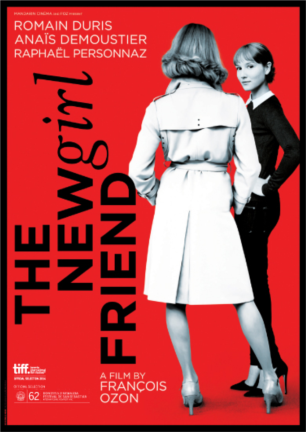
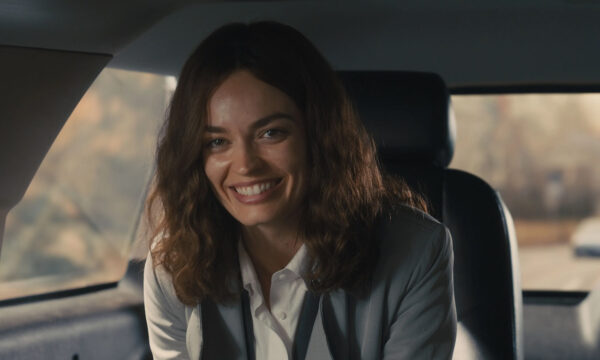
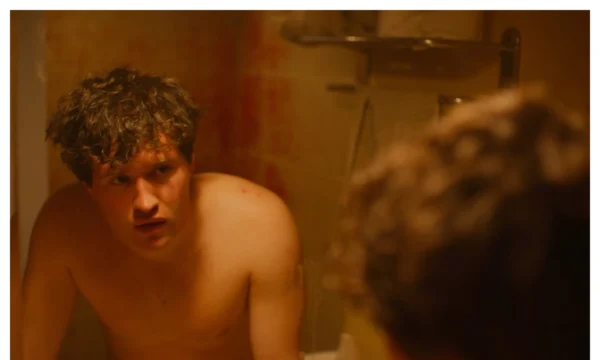

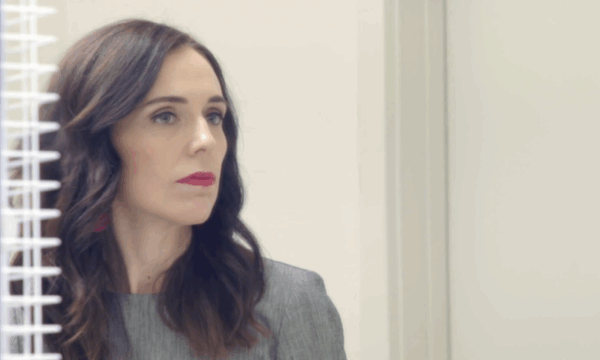
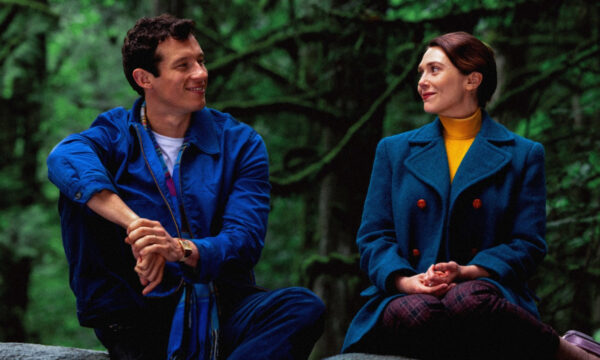
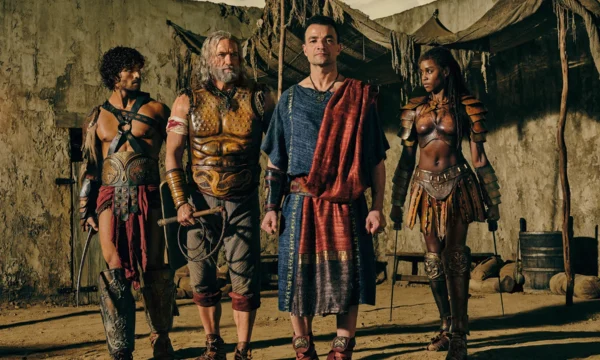
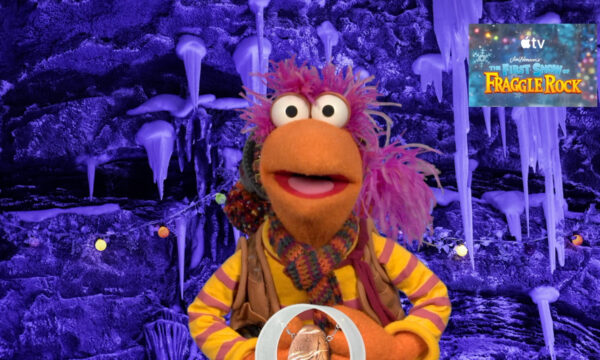
















Facebook
Twitter
Instagram
YouTube
RSS